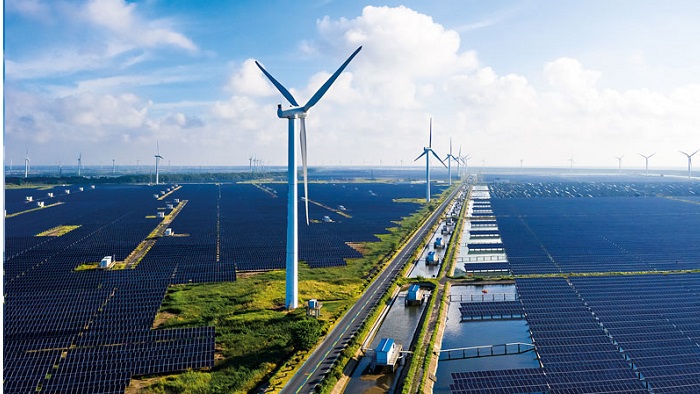The European Commission has gone on to propose revisions to the Strategic Energy Technology- SET plan in order to enhance its capacity to support the aims of the European Green Deal, REPowerEU, as well as the Green Deal Industrial Plan.
The European Commission states in its Communication on the revised SET plan that there is a demand for revisions to the goals, governance, and work group structures. In addition to this, countries should increase their efforts to allocate 3% of their GDP towards research and promote expansion when it comes to innovative solutions.
The SET plan was introduced in 2007 with the aim of guiding the region’s energy innovation and research agenda for a low-carbon future. Its purpose is to ensure an integrated strategy to accomplish the decarbonisation goals.
The plan focuses on six priority areas and includes 10 key actions.
- Becoming the leader in renewables: This involves integrating renewable technologies into energy systems and reducing the costs associated with these technologies.
- Implementing a smart, consumer-centric energy system- Innovative technology, services when it comes to consumers, and resilience and security in case of energy systems.
- Developing and improving energy-efficient systems, including building materials and technology, and industry energy efficiency.
- Diversifying and strengthening energy options for sustainable transport, which can be achieved through competitiveness within the global battery sector and e-mobility, as well as renewable fuels and bioenergy.
- Enabling carbon capture, storage, and usage;
- Assuring robust nuclear safety.
These initiatives are carried out by 14 working groups, each dedicated to a specific key technology, and the overall governance of these actions lies with the SET Plan Steering Group, which consists of senior officials from the EU and its member countries.
The revisions to the SET plan involve broadening the technology scope to include all strategic renewable energy technologies. This specifically includes onshore wind energy as well as low- and medium-temperature geothermal technologies. Additionally, a new working group on hydrogen will be established to carry out the ERA pilot on the Green Hydrogen initiative.
Some of the revisions include giving more importance to heat pumps and expanding the focus on energy efficiency within the industry. Additionally, there will be a specific emphasis on enhancing the European EV battery manufacturing chain.
New priorities have been introduced regarding ‘cross-cutting’ issues. These include digitalization, circularity, market access, societal requirements, and skill development. To address these priorities, new task forces will be established.
In addition to the revised plan, the Commission’s communication proposes several changes. One of these changes is to upgrade the legitimacy of the Steering Group to the status of an expert group, which could potentially be done by making it a subgroup under the European Research Area and also extending the mandate of the Steering Group to include providing strategic directions when it comes to the development and implementation of the SET Plan.
The Commission is urging all countries involved to enhance their participation and intensify their attempts to support research, innovation, and the creation and deployment of innovative clean energy solutions. Additionally, they are encouraged to contribute further to the financing and execution of SET Plan initiatives through a collaborative programming approach.





































